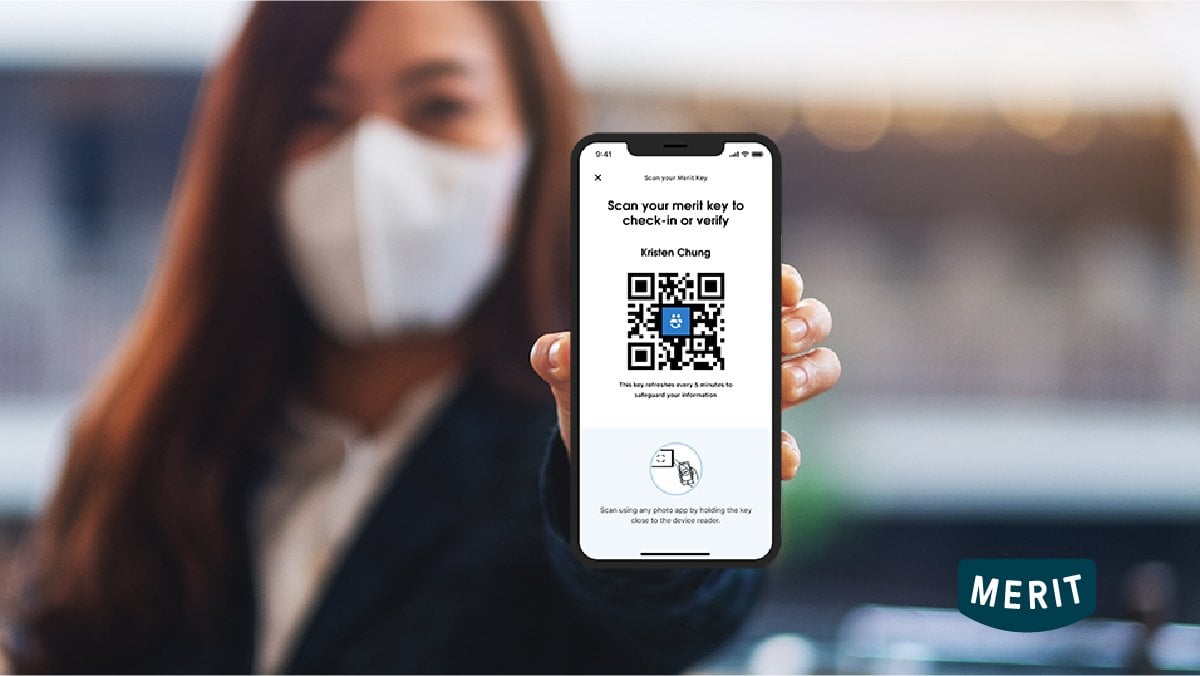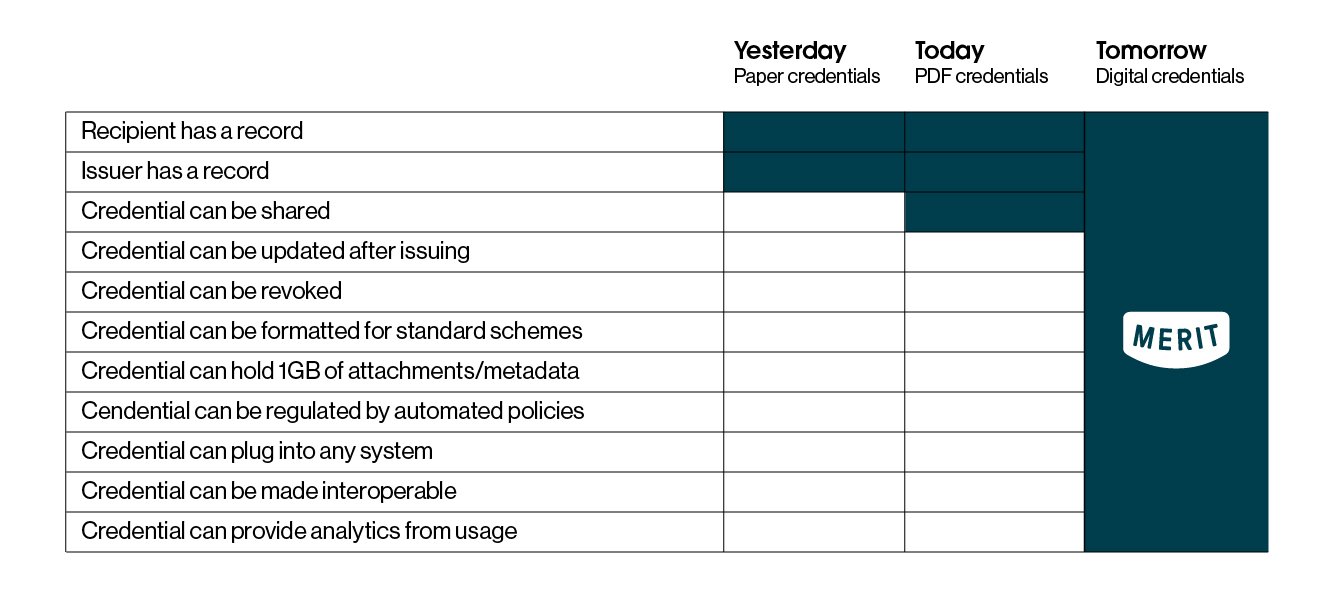Twelve Golden Rules From The Kitchen For Effective Leadership: ‘Mise En Place’
We’ve often been taught that “faster is better” when hustling to get a job done, but during my time working in the catering business, I learned...
2 min read
Jeanette Pryor Jul 30, 2020

With digital credentialing, it can be as easy as pulling out a smartphone to verify credentials in preparation for a new job, participating in an event or activity, or simply checking out a library book. We are in a new age of technology where anything can be digitized and easy to access—why shouldn’t that include the official piece of paper or plastic that permits you to complete daily tasks? By digitizing our everyday obligations and our professional ones, the idea of a quick scan to verify all needed information can become less dubious and turn into the new normal.
Digital Credentials > Paper Credentials
In comparison to the manual process currently in place, digital credentials take out the repetitive work for all parties involved. Because many licenses, certifications, memberships, and records require renewals and/or updates, the administrative portion is done multiple times and not just when the credential is earned. When these things are digitized, this can be done automatically and the burden of manual upkeep ceases.
Because digital credentials provide the ability to update information instantly, in turn, it will rebuild and modernize the professional and personal identity into ones that are easily accessible while keeping its authenticity and credibility. Everyone should be able to carry and showcase their credentials at all times to validate themselves and avoid missing out on opportunities.
Digital Credentials & License Reciprocity
The majority of the current occupational licensing and reciprocity laws in states are very limiting to professionals. If an experienced real estate agent or tradesman decides to move to another state, they are most likely going to be required to earn a new license or credential in their new home state instead of being able to continue their practice based on what they’ve already earned. This doesn’t even take into account the education, professional development, and training that is necessary for the initial and renewal of licenses. States are hesitant to expand these laws into universal licensing because of the paperwork it would entail between states. Digital credentialing would prevent this issue and allow people to work wherever they choose and carry with them all of their achievements. This is beneficial in national emergencies such as COVID-19, for military spouses to continue their careers after moving, and more.

Rebuilding Identity Digitally vs. Making Identity Digital
Although the process seems simple, digitizing credentials is not just creating PDFs or other digitized versions of analog credentials. In addition to easy access and simple upkeep, going truly digital provides an array of possibilities that could impact credential holders in very beneficial ways. Unlike a mere PDF of a credential, digital credentials hold everchanging verified information such as the analytics of license usage and action items for the license holder (i.e. needing to renew soon, notification of a new credential you qualify for, etc). It would allow training providers to send a digital proof of course completion straight to government agencies (reducing needs for audits), companies to verify a person’s authenticity and membership to their programs, and license issuers to maintain up-to-date records on the status of all license holders, allowing people to use their licenses more consistently due to increased clarity on working status.
Additionally, any organization or agency that wants to keep tabs on the skills, certifications, licenses, or achievements in a constantly accessible, trackable, and shareable manner, can benefit from digital credentialing. A digital platform ensures that all licenses and training are up to date and accurate, any renewals are flagged, and any credentials can be remotely revoked as needed.
As we move further into the digital age, our most valuable necessities should move in the same direction. Paper licenses will only continue to create barriers and additional labor for license holders, issuers, and verifiers. Digital credentialing is the solution for everyone—and Merit is here to help get you started.
We’ve often been taught that “faster is better” when hustling to get a job done, but during my time working in the catering business, I learned...
Your people are your most valuable asset and your biggest competitive advantage. Invest in them wisely, and they’ll take your company places you...
Big workforce initiatives thrive on strong collaboration between ecosystem partners; however, navigating those projects may sometimes be challenging....